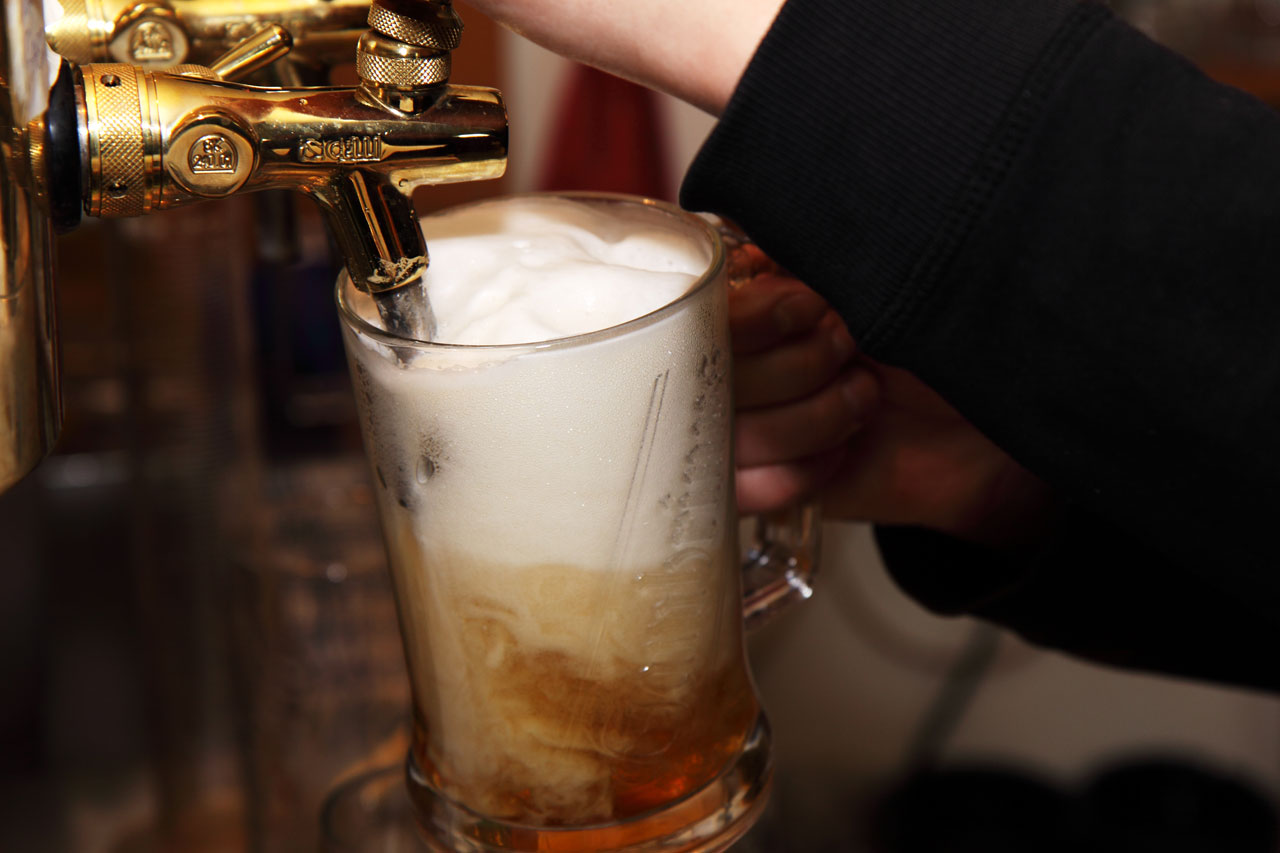
Closing the tab on unethical alcohol study
Public Citizen helps shut down unethical, industry-funded study on alcohol consumption
- 5 Number of the world’s biggest alcoholic beverage manufacturers that funded a 10-year alcohol study
- $68 million Amount the alcohol manufacturers pledged
- 14 Number of consumer advocacy, science and public health groups who fought against this
In 2017, the New York Times reported that the National Institutes of Health (NIH) was conducting a $100 million clinical trial to determine the health effects of moderate alcohol consumption. The study had gained popularity among the alcoholic beverage industry, which jointly pledged $68 million to the study through a private foundation that regularly donates to the NIH.
This raised ethical questions about the study, but the director of the National Institute on Alcohol Abuse and Alcoholism, which was to oversee the study, claimed the trial would be unbiased.
The following year, under the Freedom of Information Act, the Times obtained emails and travel vouchers contradicting the director’s claim of an unsullied funding source.
The NIH was accused of orchestrating a campaign to obtain funding from alcoholic beverage manufacturers. According to the Times, the lead researchers “strongly suggested” that the findings of the study would favor alcohol consumption.
In response, Public Citizen on March 19, 2018, called on the U.S. Department of Health and Human Services (HHS) Inspector General (IG) to immediately launch an independent investigation of those NIH officials. On April 11, Public Citizen and 13 other consumer advocacy, science and public health groups urged HHS Secretary Alex Azar to request an IG investigation into this matter.
The NIH investigated the claims and ultimately uncovered serious misconduct by senior officials who solicited money, which violates the NIH policy on gifts administration.
A scathing June 2018 NIH report disclosed disturbing details about the lengths to which senior NIAAA officials went to promote the study to alcohol industry executives in order to secure funding from them. The senior NIAAA officials engaged in these efforts appear to have been fully aware that soliciting donations for the study from industry was prohibited.
Shortly after the report was released, the NIH announced it would end funding for the study to avoid credibility concerns.
The study aimed to enroll 7,800 participants. After a planning phase, it began enrollment on February 5, 2018, and was suspended on May 10, 2018, at which time there were 105 participants enrolled.
“The fact that the NIH accepted nearly $70 million from the alcoholic beverage industry to fund the alcohol study was bad enough, but the shocking disclosures about senior NIH officials orchestrating an aggressive campaign to solicit such industry funding in violation of longstanding NIH policy, if confirmed, clearly undermines public trust in the NIH.”Dr. Michael Carome, director of Public Citizen’s Health Research Group